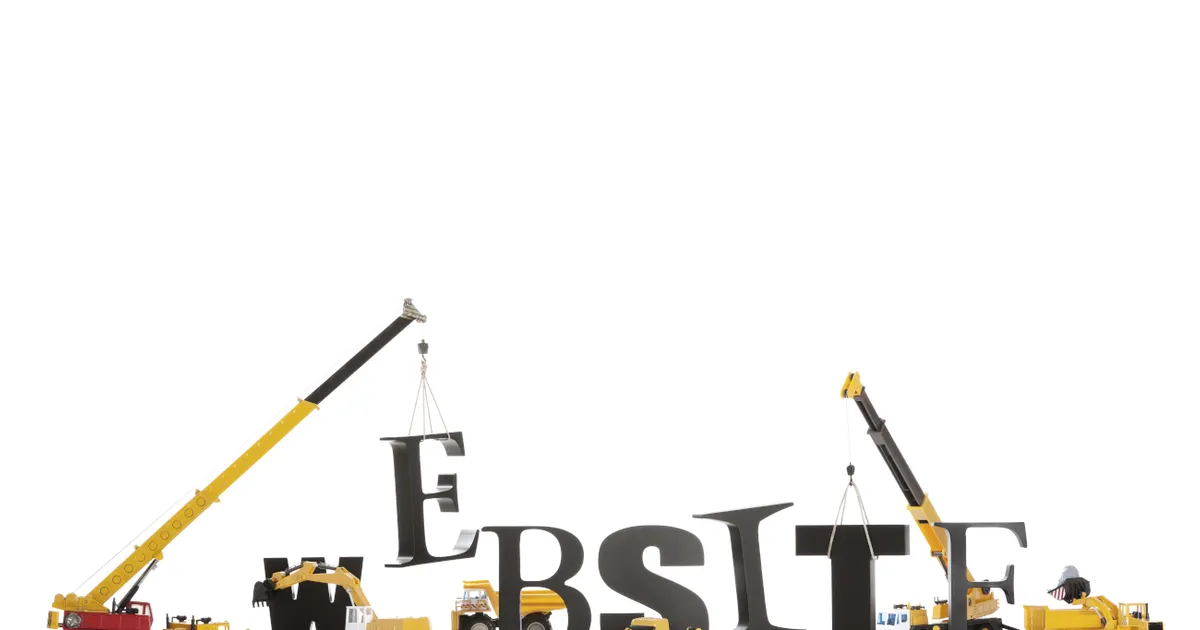A high-performing website can boost your traffic, enhance user experience, and significantly increase your conversion rates. WP Engine, a leading WordPress hosting provider, offers an impressive array of features to supercharge your site’s performance. However, extracting the maximum value requires an understanding of how to effectively leverage its full potential. Today, we’ll walk you through the initial steps to optimize your WP Engine account for unrivaled performance. Start a search today to learn everything you need to know about optimizing a WP engine account.
 Shutterstock: OtmarW
Shutterstock: OtmarWUnderstanding Your Site’s Performance Needs
Before diving into the specifics of WP Engine optimization, it’s essential to understand your site’s specific performance needs. Every website is unique, with different content, functionality, and traffic patterns. Use WP Engine’s integrated performance intelligence feature to collect data and understand your site’s needs. Analyze page load times, traffic patterns, and user behavior to pinpoint areas for improvement.
Choosing the Right Hosting Plan
WP Engine offers a range of hosting plans, each designed for different levels of traffic and functionality.1 Picking the correct one can significantly impact your site’s performance.
While it may be tempting to save money with a lower-tier plan, if your site receives high traffic volumes or utilizes complex features, it could slow down or crash. A plan with more server resources may cost more upfront but will ensure your site performs optimally under stress.
Leverage Image Optimization Techniques
Images can significantly impact your site’s loading time, especially if they are large or uncompressed. WP Engine provides ‘Local Image Optimization’ under their ‘Performance’ settings. This feature automatically compresses images, reduces their size, and creates WebP versions, which are smaller and faster to load. It’s a simple but powerful way to enhance your site’s performance.
Implementing a Content Delivery Network
A Content Delivery Network (CDN) is a network of servers located around the globe that cache your site’s static content.2 When a user visits your site, the CDN serves the content from the server nearest to them, reducing latency and speeding up your site.
WP Engine partners with MaxCDN, an industry-leading CDN provider, to offer this service to its users. Activating it can make a significant difference in your site’s global loading speeds.
Optimizing Your WordPress Themes and Plugins
The themes and plugins you choose can dramatically impact your site’s performance. While WP Engine supports most themes and plugins, some are resource-heavy and can slow down your site.
Review your current themes and plugins to ensure they’re necessary and optimized for performance. WP Engine’s compatibility checker tool can help you identify any potentially problematic plugins or themes.
Leveraging WP Engine’s EverCache
WP Engine’s proprietary EverCache system plays a crucial role in website speed and scalability. This front-end system automatically caches your pages and assets, reducing the need for repeated requests to your database.3 Ensure you’re taking full advantage of EverCache by not using other caching plugins which can cause conflicts and degrade performance.
Harnessing the Power of WordPress Multisite
If you manage multiple WordPress websites, WordPress Multisite can be a game-changer. It allows you to operate multiple sites from a single WordPress installation, simplifying management and potentially improving performance.
WP Engine supports WordPress Multisite and offers specific tools to optimize its operation. However, it’s essential to understand that each site in your network will consume server resources, so ensure your hosting plan can handle the load.
Using a Staging Environment
A staging environment is a clone of your live website that you can use for testing changes before applying them to your live site. This can prevent potential issues from affecting your site’s performance and availability.
WP Engine provides a staging environment with every hosting plan. You can use this feature to test new plugins, themes, or code changes to ensure they don’t negatively impact your site’s performance.
Regularly Updating Your Site
Keeping your site updated is crucial for both security and performance. This includes your WordPress core, themes, and plugins. WP Engine’s automatic updates feature can help keep your site secure and running smoothly, although some updates may still require manual attention.
Learn Even More Online
Optimizing your WP Engine account for maximum site performance is an ongoing process that involves understanding your site’s specific needs, choosing the right hosting plan, implementing a CDN, optimizing your themes and plugins, leveraging WP Engine’s EverCache, enabling object caching, and regularly updating your site.
While this article provides a comprehensive roadmap for optimization, the digital landscape is in perpetual evolution. Stay curious, keep exploring, and don’t shy away from continuously learning. With the tips you’ve learned today and your continuous search for knowledge, you can truly harness the full power of your WP Engine account.
